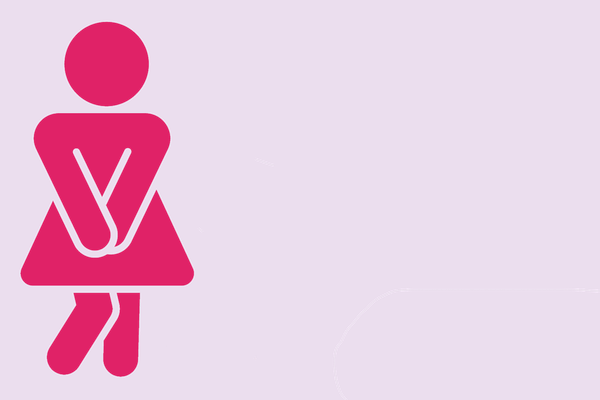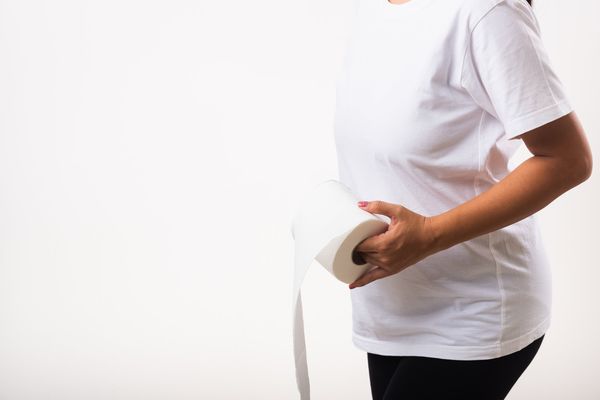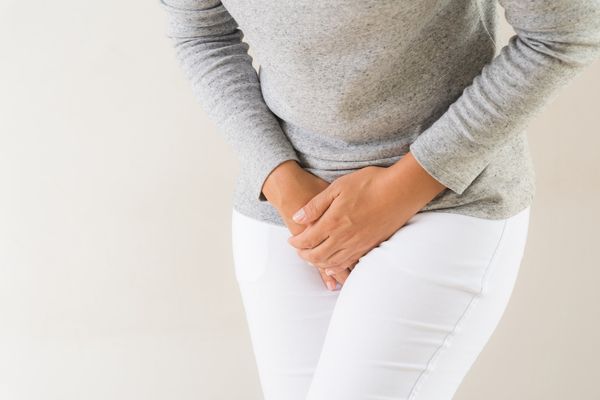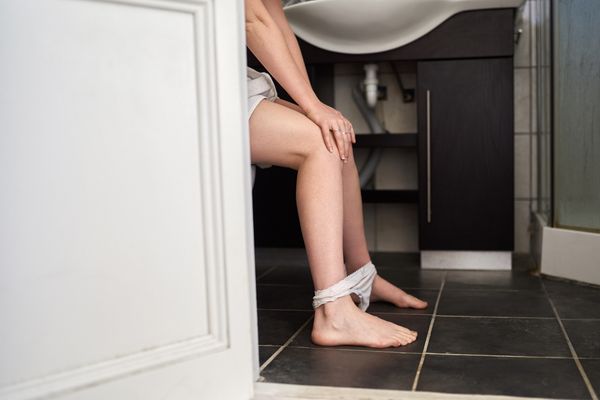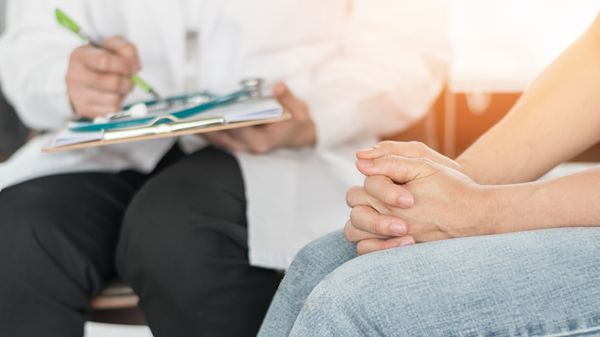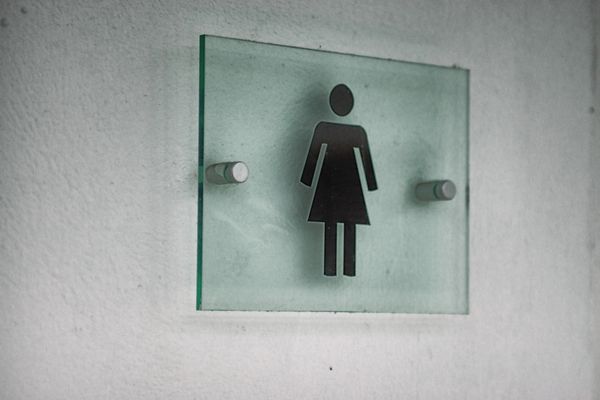Do you often have that sudden "gotta go" feeling that makes you nervous you will leak urine if you don't get to a bathroom right away? If so, you may have overactive bladder (OAB).
What Is Overactive Bladder?
OAB is not a disease. It's the name given to a group of troubling urinary symptoms. The most common is a sudden and unexpected urge to urinate that you can't control. In some people, this "gotta go" feeling may result in urine leakage (incontinence). In others, it may not.
Other OAB symptoms include frequent urination during the day and night. The number of times someone goes to the bathroom may vary from person to person. But many experts agree going to the bathroom more than eight times in 24 hours is "frequent urination."
OAB affects millions of men and women. Some experts estimate as many as 30 percent of men and 40 percent of women in the United States live with OAB symptoms. But the number of people suffering from OAB may be much larger. That's because many people living with the condition don't ask for help.
"A lot of people don't talk to their doctors because they're embarrassed about their symptoms or because they don't know there are treatment options," says Kathleen Kobashi, MD, chief of urology at Virginia Mason Medical Center in Seattle, Washington. "But there are plenty of things we can do to help. If you are having difficulty with OAB symptoms, talk to your health care provider today."
Risks for OAB
The risk for OAB increases as you get older. Women who have gone through menopause and men who have had prostate issues are also at higher risk. Conditions affecting the brain or spinal cord, such as multiple sclerosis or stroke, also raise your risk for OAB. Food and drinks, such as caffeine, artificial sweeteners, alcohol and very spicy foods, can bother your bladder and make symptoms worse.
How OAB Can Affect Your Life
OAB can get in the way of your work, social life and sleep. Without treatment, symptoms may make it hard to get through the day without having to make many trips to the bathroom. You may feel nervous about going out with friends or doing daily activities because you are afraid you may not be able to find a bathroom when you need one. You may shy away from social events and spending time with your spouse or family.
This can result in you feeling lonely and isolated, and may affect your relationships with loved ones. OAB can also deprive you of a good night's sleep, leaving you feeling tired and depressed.
Talking to Your Health Care Provider
When you tell your health care provider you have OAB symptoms, he or she will likely ask you to describe them. Your provider may refer you to a specialist, such as a urologist. You'll be asked about your medical history and your symptoms—what they are, how long you have been having them and how they are affecting your life. Your provider will also ask about past and current medical problems and about your diet, including what you drink and how much you drink.You will be given a physical exam to check for problems that may be causing OAB symptoms. Your provider may ask you to keep a "bladder diary," where you record how often you go to the bathroom and any time you leak urine. You may also have tests, such as a urine test, to look for infection or blood. Your health care provider may do an ultrasound to see how much urine is still in your bladder after you go to the bathroom.
Taking Control
There are many treatment options for OAB. Your health care provider may use just one treatment or several at the same time. Treatments include lifestyle changes, medications and other therapies.
The Truth About OAB
Knowledge is power! Don't let myths about OAB prevent you from getting the help you need. Learn the truth about OAB:
- OAB is not "just part of being a woman."
- OAB is not "just having an enlarged (big) prostate."
- OAB is not "just a normal part of getting older."
- OAB is not caused by something you did.
- Surgery is not the only treatment for OAB.
- There are treatments for OAB that can help people manage symptoms.
- There are treatments that many people with OAB find helpful.
- Top Tips for Living With Overactive Bladder ›
- Overactive Bladder: What's the Cause and What Can You Do? ›
- Need to Pee During Sex? How Overactive Bladder Affects Intimate Relationships ›
- What Causes Overactive Bladder? ›
- Overactive Bladder ›
- Overactive Bladder Can Affect Your Daily Life - HealthyWomen ›


